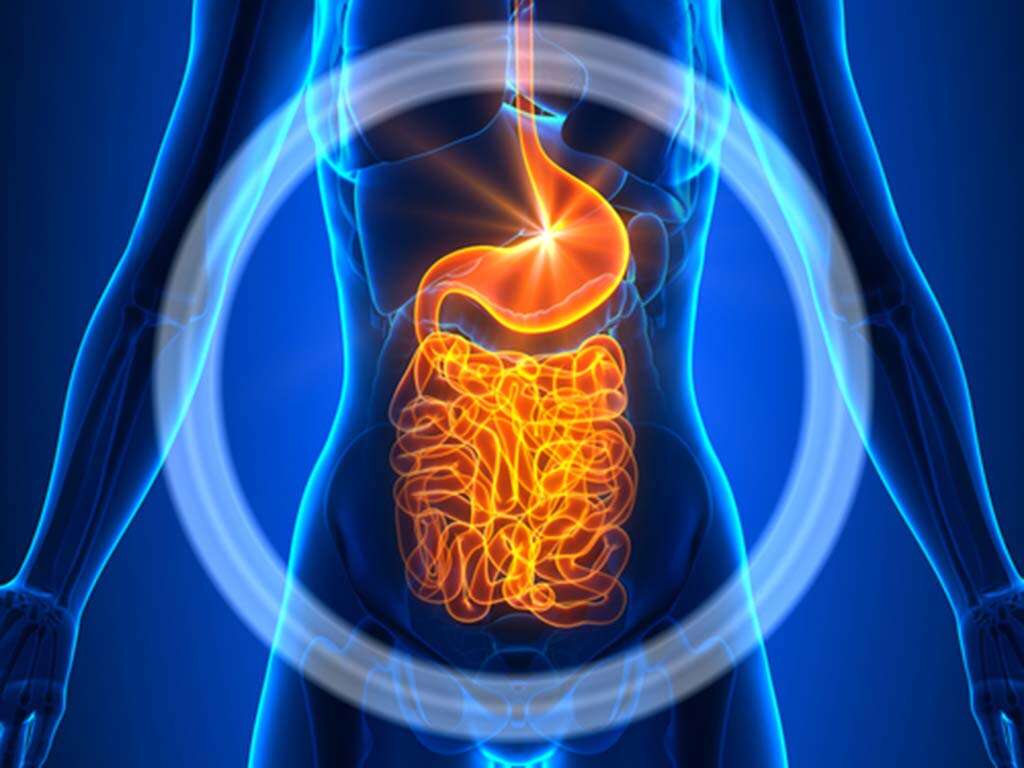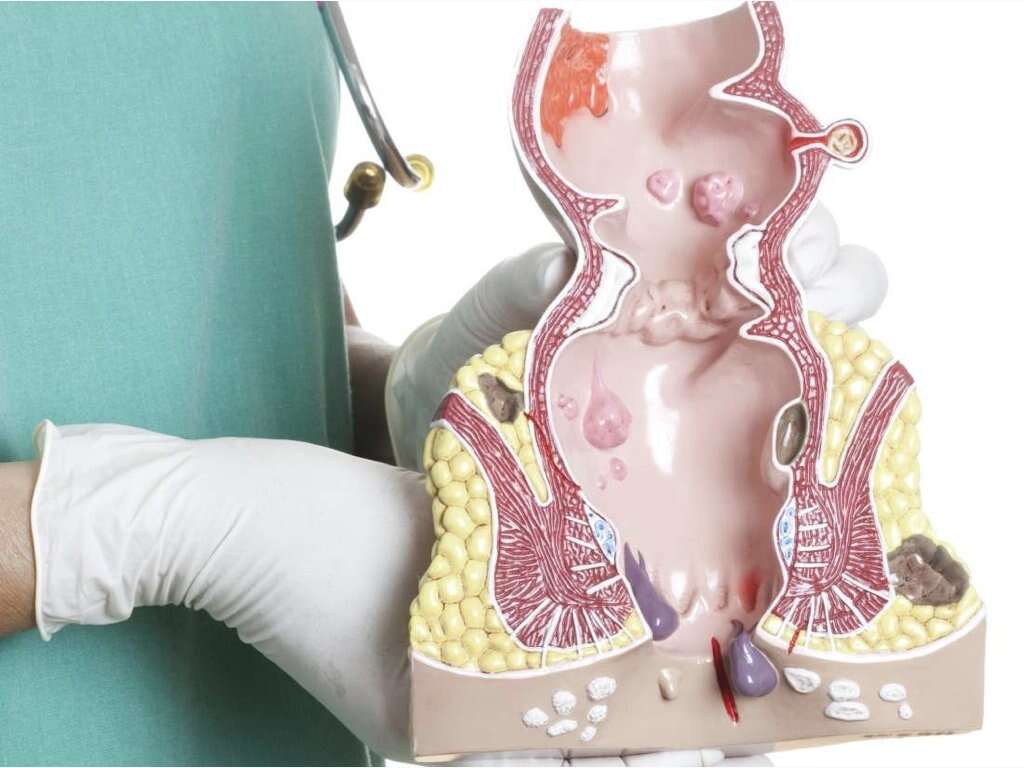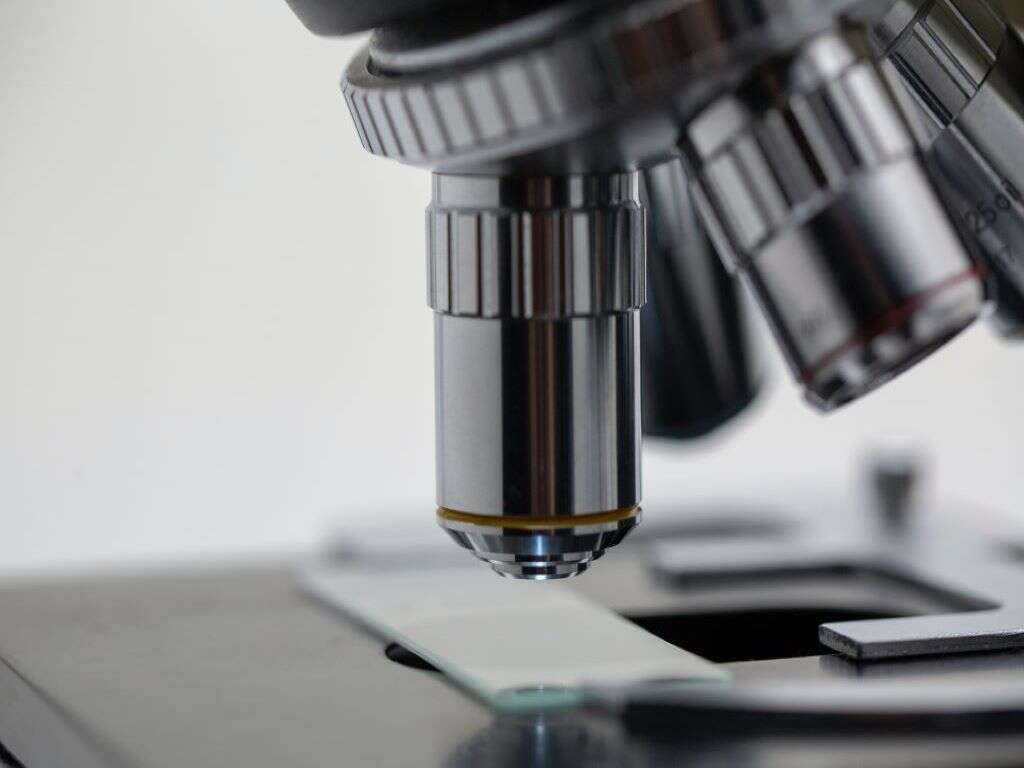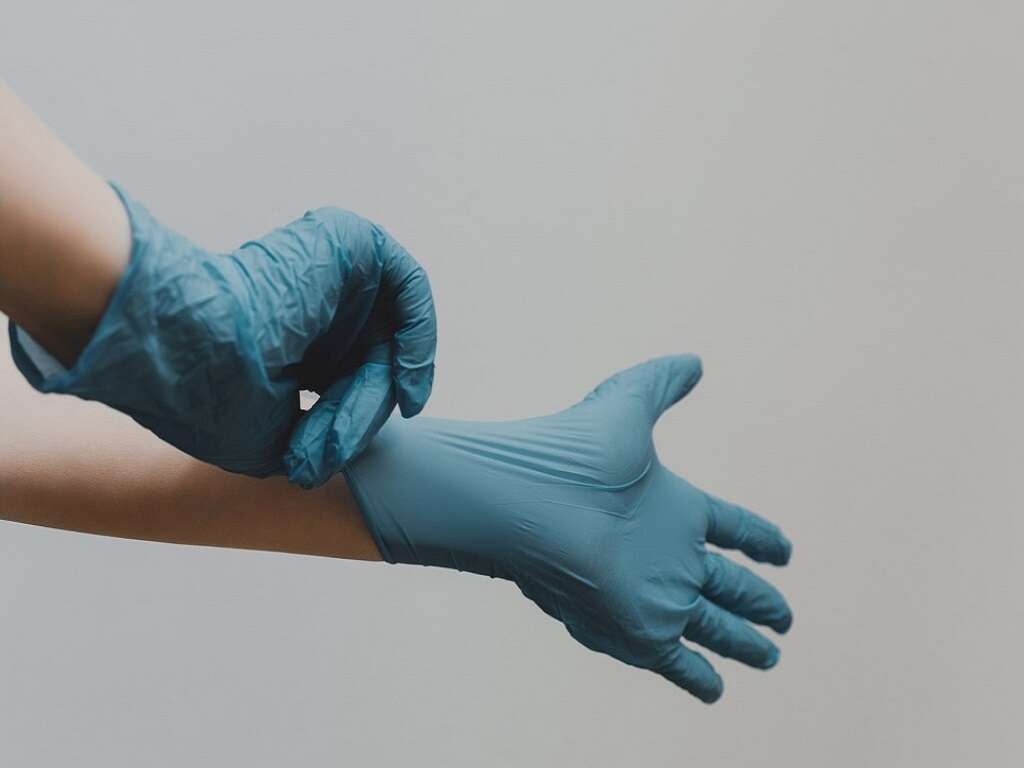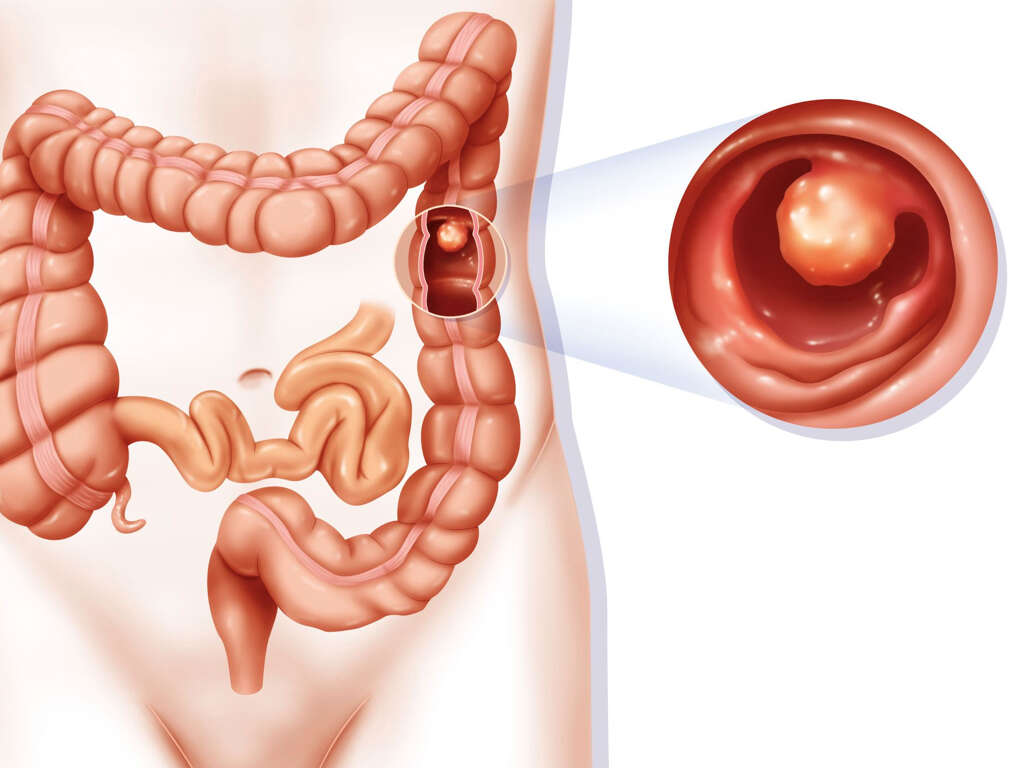10 Colon Cancer Symptoms
Colon cancer is a type of gastrointestinal cancer that can affect the final part of the digestive tract, the large intestine. In some cases, it can also be referred to as colorectal cancer, because the rectum can also be affected. Importantly, in the US, colorectal cancer is the third most common cancer and third most common cause of cancer-related mortality in men and women.
Colorectal cancer is a preventable disease. Risk factors include age (≥ 50 yo), diet (i.e. high in red meats and animal fat, low in fiber, fruits and vegetables), genetic predisposition, obesity, low physical activity, smoking, and excessive alcohol intake. Most of these factors can be modified by following professional lifestyle recommendations. However, early detection through screening programs is just as important to reduce colon cancer mortality.
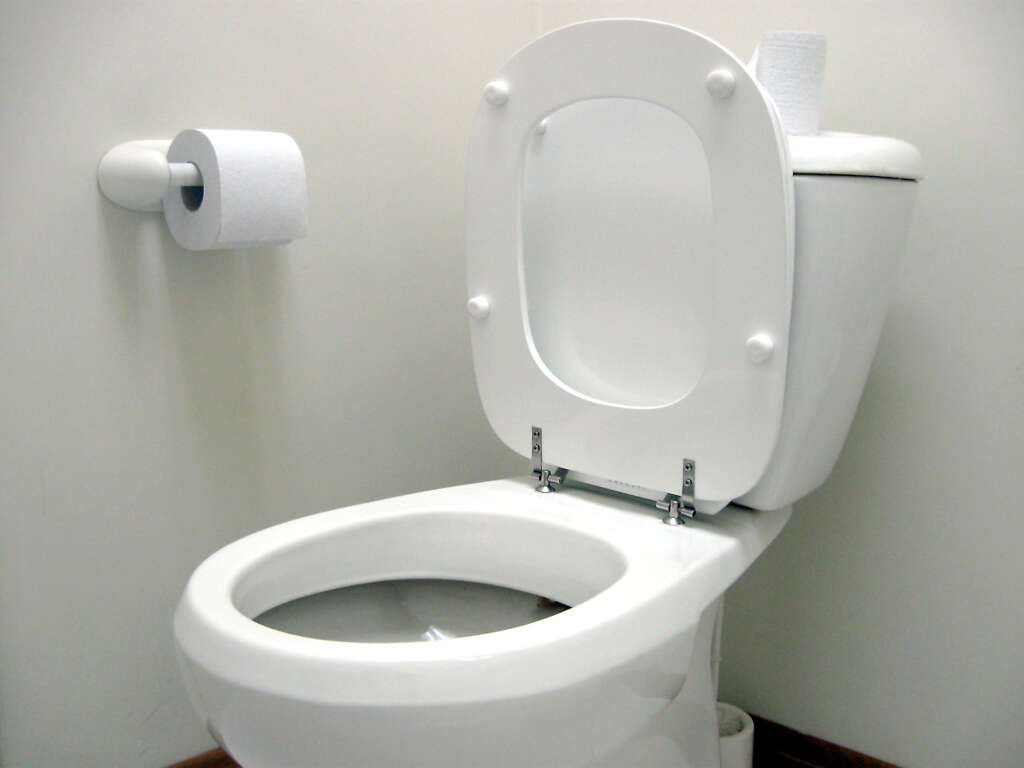
Symptom #1: Constipation
The main problem with colon cancer is that these patients might not experience any symptoms at all until cancer has reached its late stages. These patients can also experience symptoms that are not as alarming as one would think.
Take constipation as an example. We all have experienced constipation at some point in our lives, so why would one think that it is a symptom of colon cancer and report it to the doctor? The most common causes of constipation are usually modifiable lifestyle factors. Lack of exercise, not ingesting enough food with fiber, and low fluid intake are general common causes of constipation. However, the truth is that constipation is among the first symptoms of colon cancer. It can be caused by many reasons. For example, the malignant growth can alter normal bowel movements, specifically by narrowing or partially blocking the bowel. If it completely blocks the bowel, it is called a bowel obstruction.
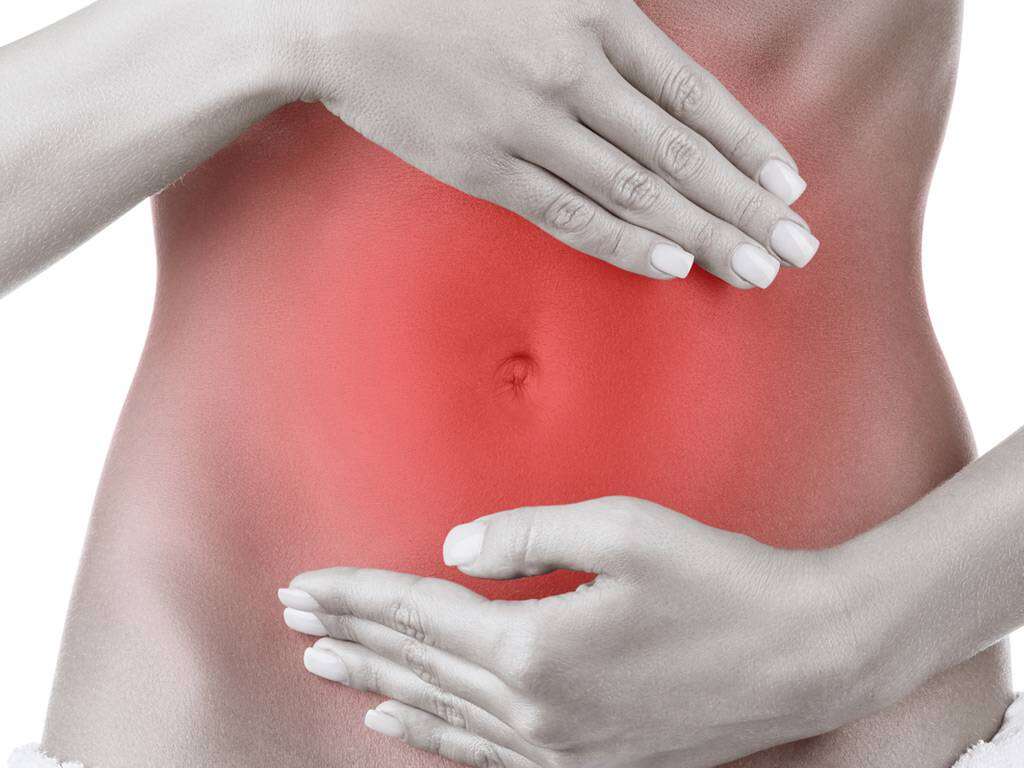
Symptom #2: Diarrhea
Diarrhea along with constipation is a common symptom of colon cancer. Once again, the malignant growths that have developed in the walls of the colon, cause changes in bowel movements including diarrhea and constipation.
If you experience diarrhea for more than a couple of days, do report this symptom to your doctor. Diarrhea is a problem since it causes additional complications such as dehydration and loss of nutrients.

Symptom #3: Bloody Stools
You might have had your experience with hemorrhoids in the past, which, as you probably know, cause light red blood to show whenever you go to the bathroom. If you have had this experience, chances are that when you see a little blood in your stool you would not think to report it to your doctor.
However, colon cancer can also be a cause of blood in your stool. If the bleeding originates from the right side of the colon, it can manifest as marron or dark stools. However, if the source is the left side of the colon or the rectum, bright red blood may appear in stools. Note that there are other causes of bloody stools (i.e. peptic ulcer disease, infectious), not necessarily related to cancer. Nevertheless, if you do notice blood appearing in your stools you should seek medical attention. Finally, among the recommended workup for colorectal cancer screening, an annual fecal occult blood test can be performed. It consists of checking your stool sample in a laboratory for the presence of hidden blood that may indicate lower gastrointestinal bleeding.
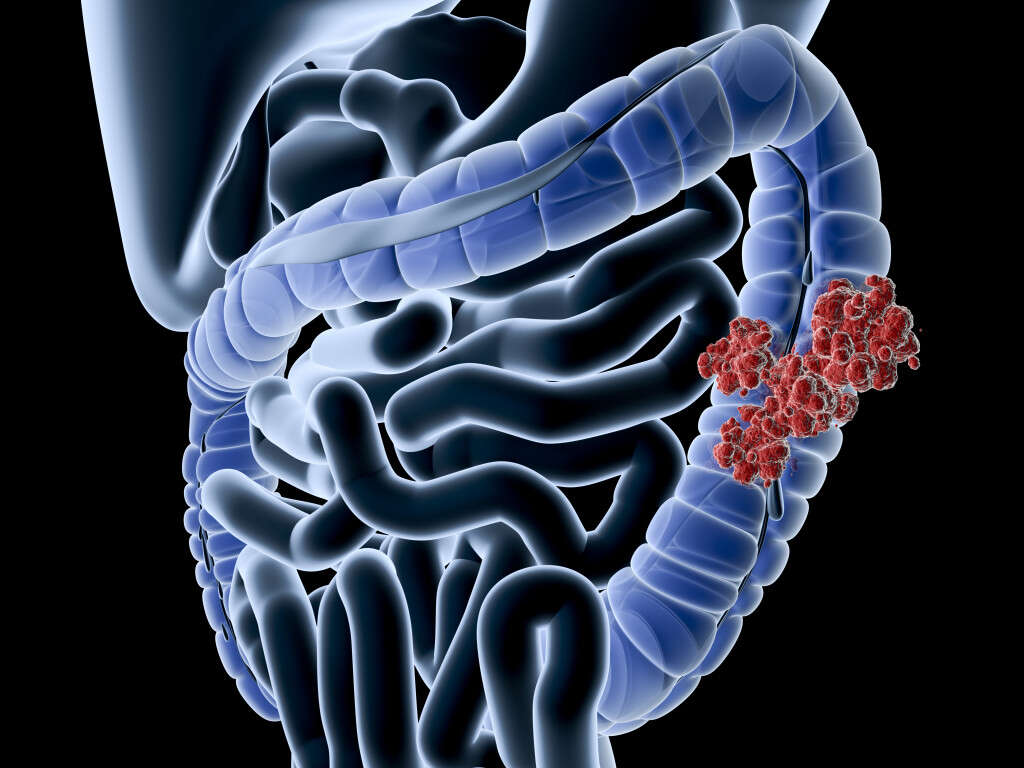
Symptom #4: Abdominal Pain
Colon cancer can alter bowel movements, leading to cramps, bloating and abdominal pain. In advanced colorectal cancer, patients may experience pain and tenderness (pain when the area is touched) in their lower abdomen.
Also, when touching or palpating the abdomen, an abdominal mass may be detected. Any person with an abdominal mass or severe and limiting abdominal pain should seek medical attention.
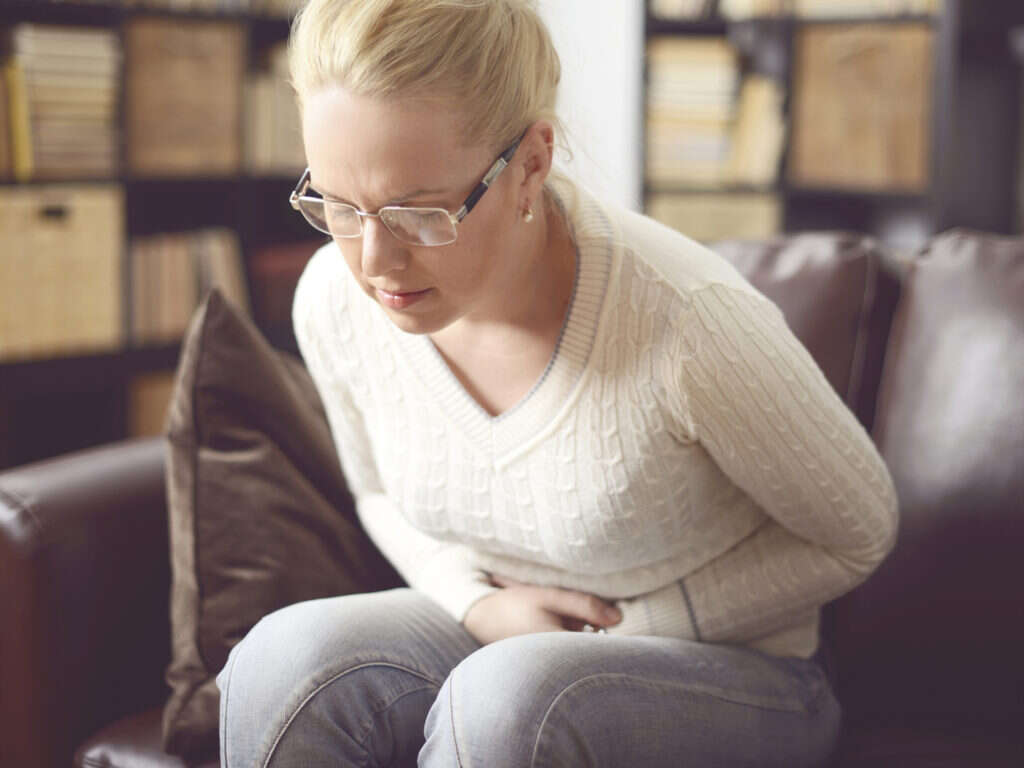
Symptom #5: Abdominal Discomfort
Abdominal pain is not the only thing that colon cancer causes to develop. Most patients with colon cancer report many other abdominal discomforts as well including feeling bloated and excessively full despite the fact that they had not taken even the smallest bite of food.
You might even experience pelvic pain and stomach cramps while gas and belching problems are usually expected in 99% of the cases as well. These symptoms are quite general since they can be caused by a number of conditions which usually makes diagnosing colon cancer a bit harder than expected.
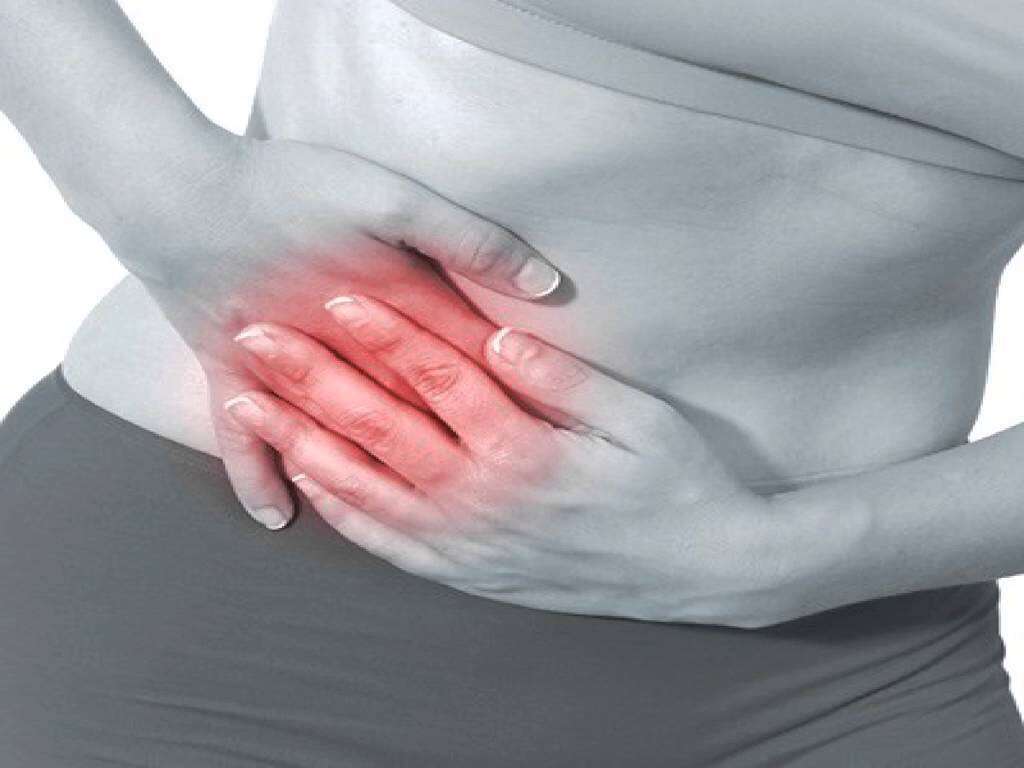
Symptom #6: Unexplained Weight Loss
We all would like to lose a couple of pounds and get rid of that body fat, however, when we pass the age of 50 and we start noticing that we are rapidly losing weight without even trying, that might be a sign that we have to call our doctor and schedule a check-up.
Unexplained weight loss is a common symptom of colon cancer which makes it an important symptom to be reported to a health professional for early detection.

Symptom #7: Fatigue
Person’s with anemia can experience fatigue or a sensation of weakness and tiredness. However, anemia is not the sole cause of this symptom. Anemia is a condition in which there is a lack of healthy red blood cells to carry oxygen to your tissues.
Red blood cells, specifically the hemoglobin contained in their interior, need iron to bind that oxygen. There are many causes of anemia, which are not necessarily malignant. However, colorectal cancer can be a cause of a type of anemia called iron deficiency anemia. It does so by inducing chronic blood loss (i.e. bloody stools) that leads to loss of red blood cells and the iron they contain. Also, this cancer may reduce the iron uptake in the gut or induce sequestration of absorbed iron in certain organs (reticulo-endothelial system).

Symptom #8: Pallor
Pallor is a pale color of the skin (i.e. palms and soles) or mucous membranes (i.e. mouth or the white part of the eye) that can be seen in many conditions. Iron deficiency anemia can be seen in patients with colon cancer, and may be the cause of pallor in these patients.
As previously stated, in anemia, there is poor tissue oxygenation. Oxygenated blood is precious, thus its shunted away from the skin and other peripheral tissues, to permit enhanced blood blow to vital organs. This gives rise to pallor, an important physical finding in patients with anemia, regardless of the cause.

Symptom #9: Changes In Stool Shape
Have you suddenly noticed that your stool has gotten a weird thin, pencil-shaped form all of a sudden? This is not how a normal stool usually looks like. And yes, this is a symptom of colon cancer but of many other medical conditions as well.
However, if you notice that your strangely shaped stool is accompanied by unexplained weight loss, fatigue, abdominal pain and any of the other symptoms that we mentioned earlier, you should report it to your physician..
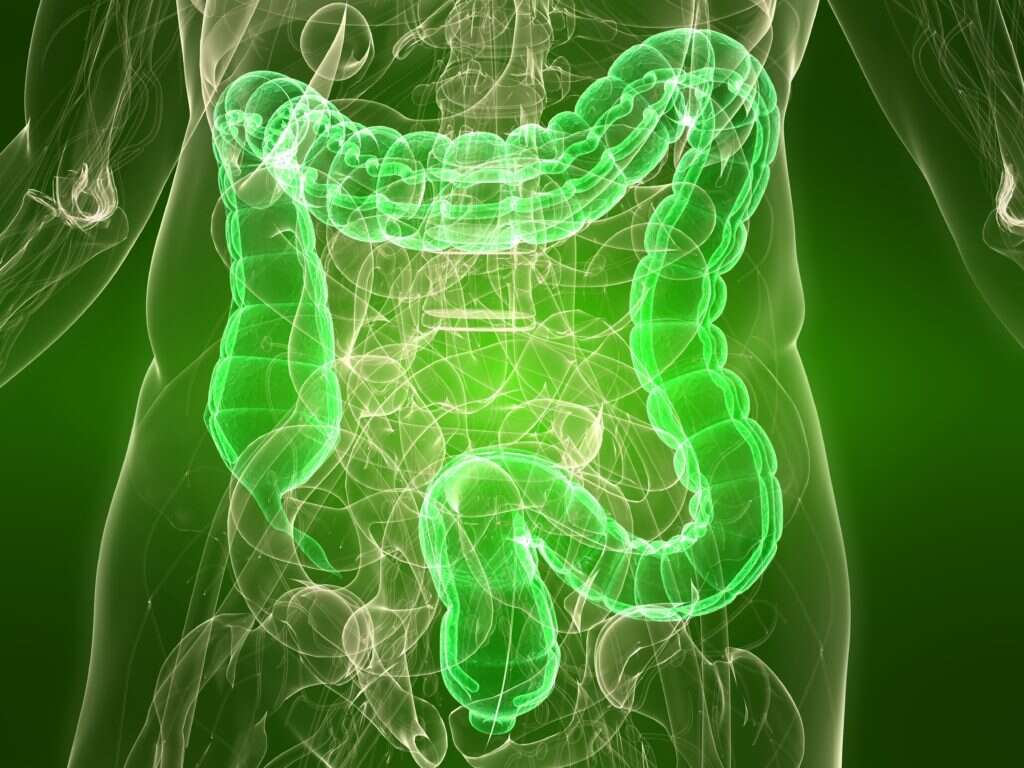
Symptom #10: Rectal pain
Rectal cancer should also be a concern if you experience any of the previously described symptoms along with pain in your rectum or the urge of a bowel movement without being able to produce one. This can be a sign that a tumor in the rectum is growing and is causing the stool to become trapped.
This can also be accompanied of bright red blood in stools and changes in the shape of your stool. However, there are also benign causes of rectal pain. If you are experiencing this symptom, or many of the symptoms mentioned above, report it to your health care provider to rule out colorectal cancer.
